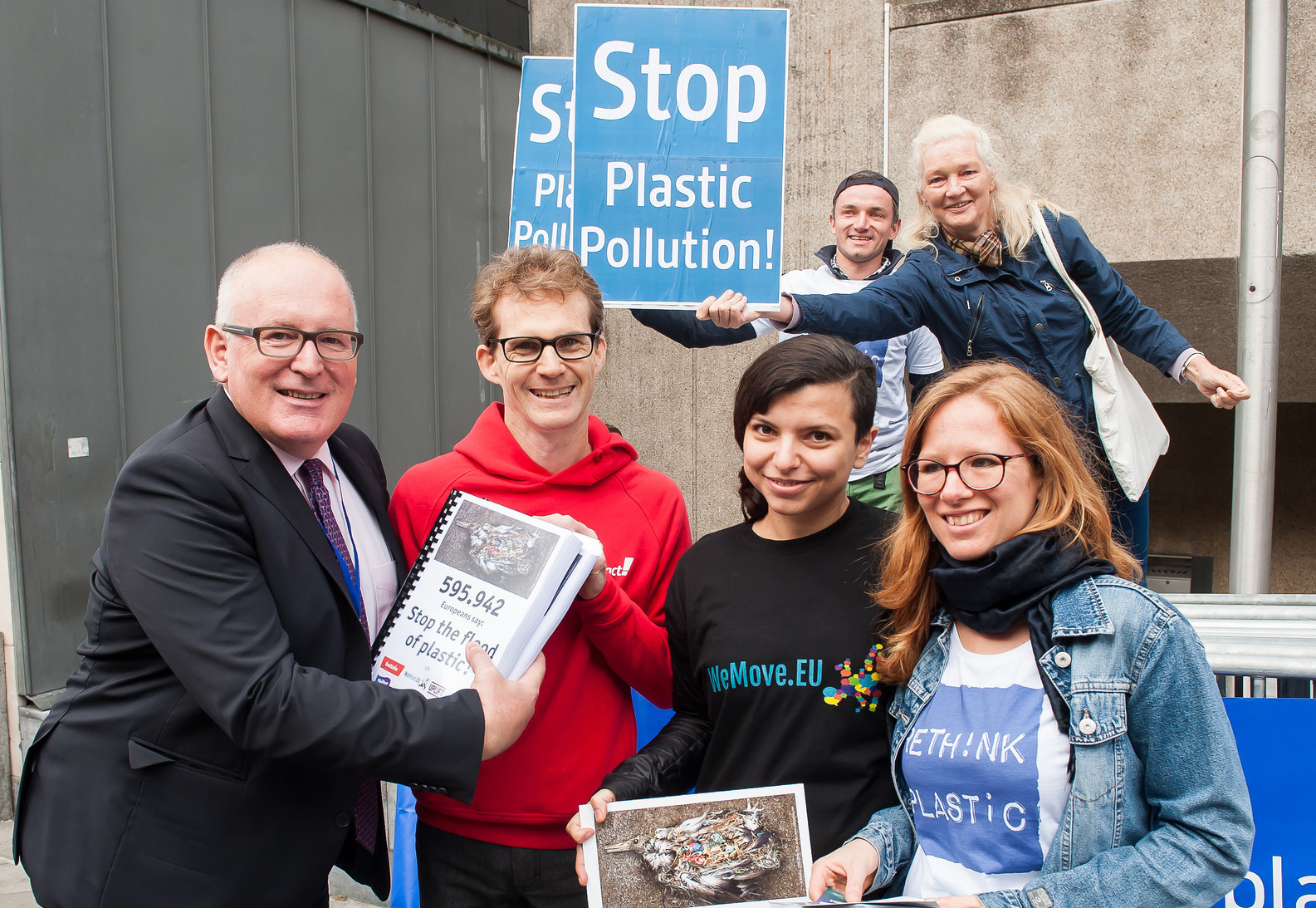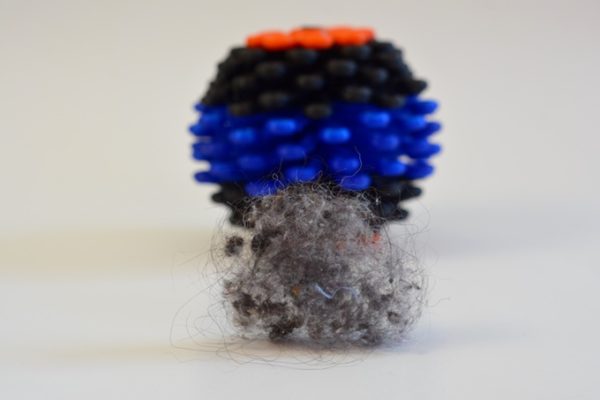Hopeful Message from WeMove.EU:
It’s a cold and foggy morning in Brussels. Together with 20 other activists I have been waiting for Frans Timmermans for more than an hour. The first Vice-President of the European Commission will open the EU conference on plastic strategy today. We have 600,000 signatures from all over Europe to hand over – three kilograms of paper. Will our signatures hold any weight for him? Timmermans and his staff are coming around the corner with quick steps – and his reaction leaves us almost speechless.
He is concerned about the waste of our seas: “I am your ally and I will do my best so that we can present an ambitious strategy by the end of this year”. Timmermans, the second-ranking official in the European Commission supports our campaign – this is a real breakthrough!
Are these just empty words? It does not look like it. In his opening speech at the conference, he mentions our petition right at the beginning – to the surprise of the plastics lobby. And shortly after, he posts a video of our delivery on Facebook and Twitter. EU’s First Vice-President takes the fight against plastic waste very seriously – and our Europe-wide campaign is of great help to him.

|
|
The fight is not over yet, but this is a huge step forward and we can be proud of it. …
With hope,
Doina (Bucharest), Julia (Warsaw), Jörg (Lübeck), Olga (Bologna), Virginia (Madrid), and the rest of us at WeMove.EU

